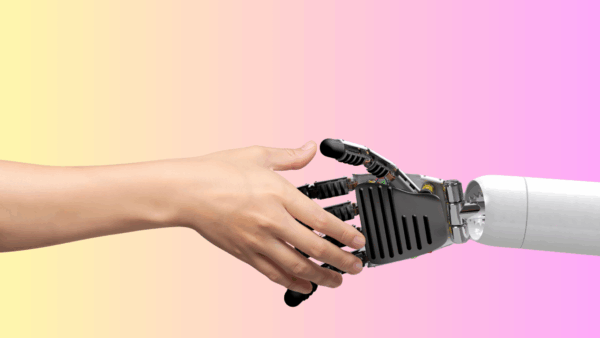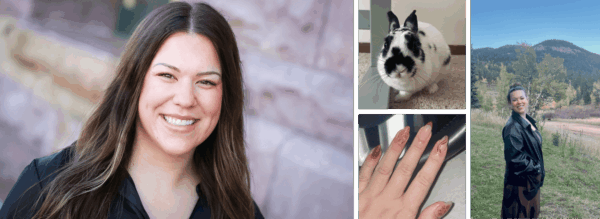
Why Has Organic Reach Declined on Facebook?
Your business growth is driven by non-fans and competitor users who may not already be aware of your brand. An engaging social media presence plays a huge part in letting them know who you are and what you have to offer.
Post engagement on Facebook — such as likes, shares, and comments by your current fans — actually has little correlation with growth in brand awareness.
The audience of people who see your organic posts already knows about you, and that’s great! You want to keep delighting those people by maintaining an engaging organic social presence.
But if you want to pull new leads into the awareness stage of the buyer’s journey, you’ll need to take your social efforts a step further.
That’s why auto brands should complement their organic posting with Facebook ads, which are more effective in extending their reach beyond their current fans — especially considering the recent decline of organic reach on Facebook.
The Decline of Organic Reach on Facebook
Since Facebook’s conception, a lot has changed with how businesses can leverage their presence on the social media giant.
A consistent change over time has been the decline of organic reach from page posts. There are two main reasons for this.
1. Content, Content, and More Content
In a large part thanks to smartphones, it’s easier than ever to create and share content with just a few taps. Anyone can quickly share page posts, which means there is now more content on your news feed than there is time to absorb it all.
In fact, each time you log into Facebook, an average of 1,500 stories could appear in your news feed.
Competition in the news feed is increasing, making it harder for a story to gain exposure.
In addition, more people are liking more pages. Last year, the total number of pages likes by a Facebook user grew more than 50%.
2. How Facebook Works
The second reason that organic reach on Facebook is declining is simply because of how Facebook works.
The news feed is designed to show content that is most relevant to each individual user. The Facebook algorithm ranks this content by looking at thousands of factors specific to each person.
That means out of the 1,500+ stories you could potentially see when logging into Facebook, your news feed shows you only about 300.
Along with this, Facebook has improved how the news feed chooses content by cleaning up spam and showing higher-quality content.
So the good thing is that, although the volume of content being shared continues to grow, your news feed is actually becoming more engaging.
What if Facebook Did Display Content in Real Time?
This is a fair question to be asked.
The answer? It would diminish the user experience. A Facebook user would be overwhelmed with the amount of content on their news feed, with much of it not being relevant to them. They’d miss out on the content they are actually interested in.
Also, because of the amount of content shared, using a real-time system would actually further decrease Facebook pages’ organic reach.
So How Do I Use Facebook for My Auto Business?
Good question! There’s no need to be discouraged — organic content still has value. That’s especially true as you share meaningful content that teaches people or adds value to their lives.
The important thing to remember is that anticipating organic reach is unpredictable, and having a piece of content “go viral” won’t correspond to your core goals. Your business will see much greater value if you use Facebook to achieve specific business objectives, like driving in-store sales or scheduling more service appointments.
Like other forms of media, Facebook is far more effective when businesses use paid media to help meet their goals. Paid advertising on Facebook will allow you to reach broader audiences more predictably and more accurately than organic content.
Stick to Your KPIs
Your engagement rate on Facebook can be used as a reference, but it is not a predictor of sales growth or brand impact.
Know what key performance indicators (KPIs) to use for your auto business — such as conversions and/or search results page (SRP) or vehicle detail page (VDP) views — and then use tools like the Facebook Pixel and Offline Conversions to track their impact.
Just remember, your business will see much greater value if you use Facebook to achieve specific business objectives.
Want to learn more about the ins and outs of Facebook? You’re in luck. Dig into our free Facebook video series.






